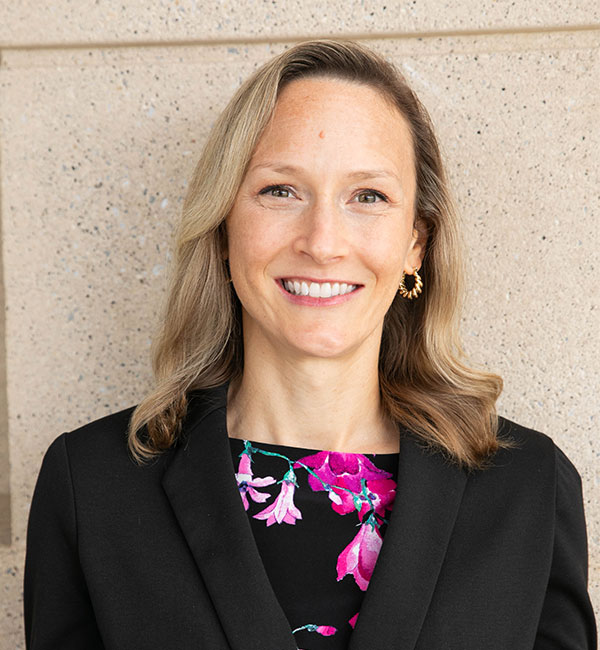The retirement transition is one of the most significant changes that you will manage in your life. It takes not just careful financial planning, but also careful life planning as well.
Our guest today, Susan Bradley, is the author of Sudden Money and the founder of the Sudden Money Institute. She is also a Certified Financial Planner (CFP) and a Certified Financial Transitionist (CFT).
You have probably heard of the CFP designation, but many are unfamiliar with CFT. A CFT is someone who is skilled and trained to manage change. Since retirement is one of the biggest changes you’ll go through, Susan has excellent tips to share on how to navigate this change.
This episode of Financial Symmetry will help enhance your today and enrich your tomorrow on your way to discovering your ideal retirement.
Retirement is a time of reinvention
Retirement is a time when you can let go of the status quo and reinvent yourself. While this seems like an adventure in freedom, it can be difficult to let go of the norm.
As people move closer to retirement they can start to feel the change take place. For some, it is a fabulous time, but for others, it can be a challenge to start over. Many people don’t talk about the stress that the changes of retirement can bring. However, the more you are prepared, the better off you’ll be.
Use these 4 criteria to help find your purpose in retirement
Retirement doesn’t have to mean that you sit around and play cards or golf all day. Most people want to have some sort of focus or purpose in their lives. Using these four criteria for activities can help bring focus and purpose: social, routine, challenging, and measurable.
Think about the activities that you are planning to enjoy in retirement. If you put them through these tests you may find that you have more purpose. Whether you choose to play golf, pickleball, volunteer, or learn French, when you do so using these four criteria, you’ll have more focus in your retirement.
The 4 stages of a retirement transition
There are four phases to change: anticipation, transition, passage, and ending. We generally spend 1-5 years in anticipation of retirement. This gives us time to prepare, manage our decisions, and get ready to navigate this change.
Then comes the actual transition. This is when we shift into the change with our new activities, routines, and life.
The passage stage could take many years. This is when we feel the change and reimagine or reinvent ourselves.
The ending stage brings about our new normal. We no longer think about the change because it is our regular life now.
Lean into the change
During a life change, money changes as well. When you focus solely on one area the other area gets shaky. There are two sides to money: personal and technical. Ignoring the personal leads to problems, but so does ignoring the technical side. Striking a balance between the two is the best way to manage change.
It is important to lean into change and make the transitions count. Even if the transition is not what you wanted or expected, it is still important to be present. By doing so you can use the transition as an opportunity to pivot
If you feel that you need a CFT to help you manage the changes coming into your life, check out the list of transitionists on SuddenMoney.com. You’ll also find a journal that you can use to help you work through the transition.
Outline of This Episode
- [1:14] The top considerations for people retiring in 1-5 years
- [7:12] The phases of transitions
- [10:54] Common pitfalls in transitions
- [15:17] Why she wrote Sudden Money
- [20:25] Unique transitions that Susan has seen
- [23:48] Today’s progress principle
Resources Mentioned
- BOOK – The Upside of Stress by Kelly McGonigal
- Sudden Money Financial Transition Journal
- Sudden Money Institute
- BOOK – Sudden Money by Susan Bradley


